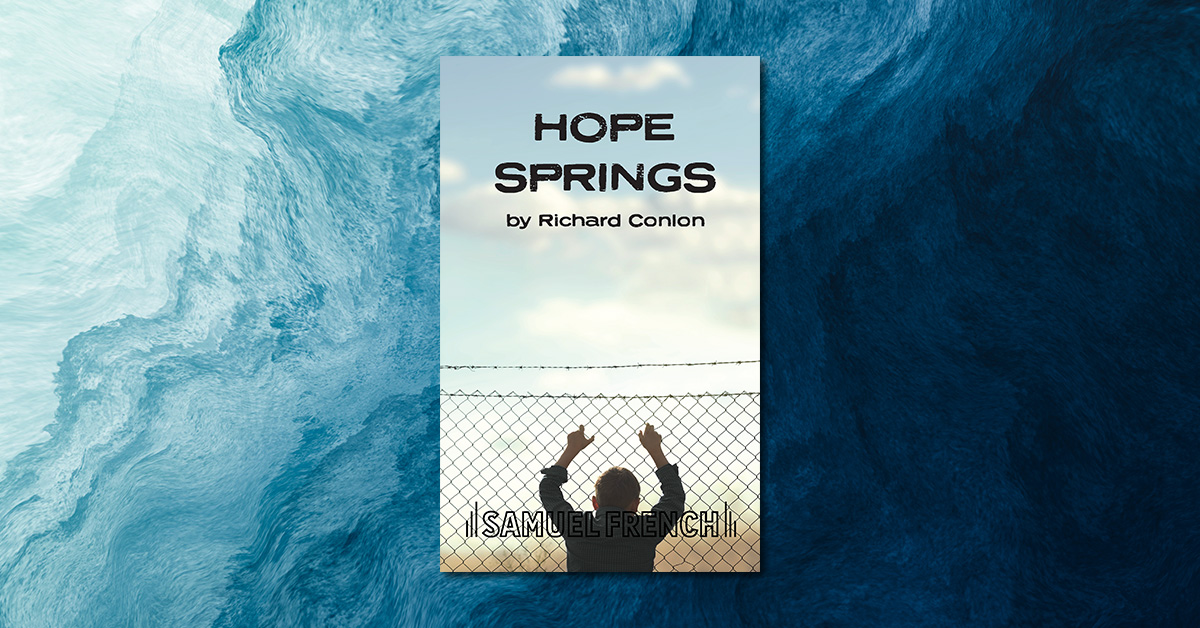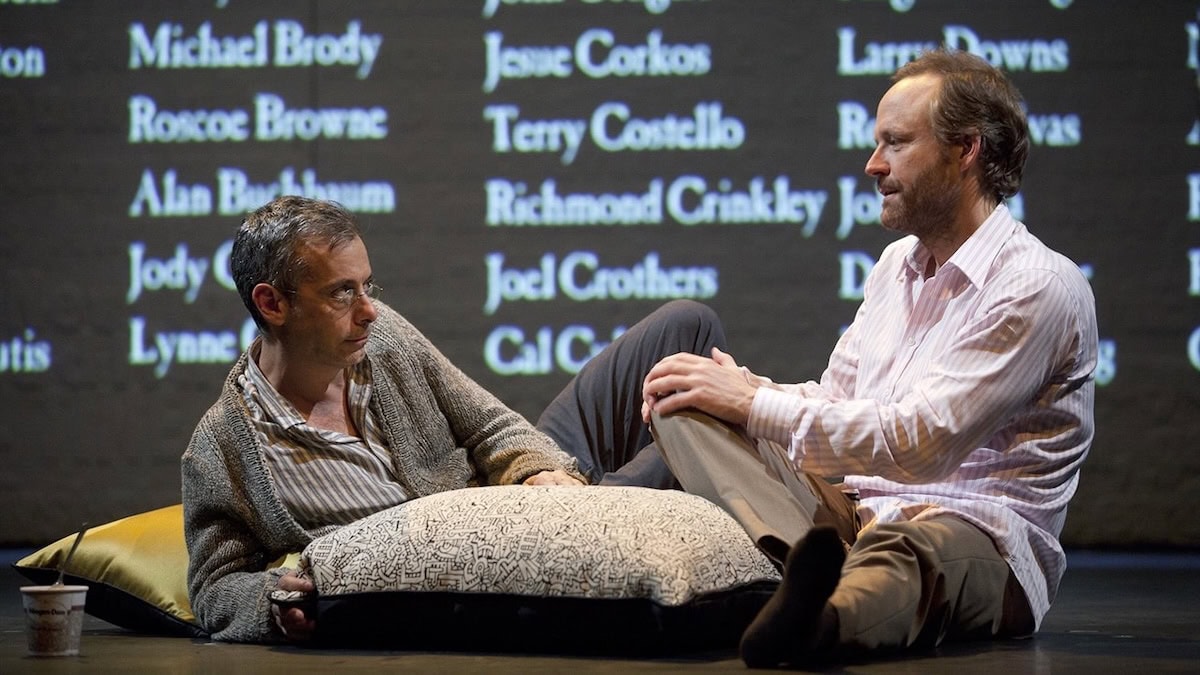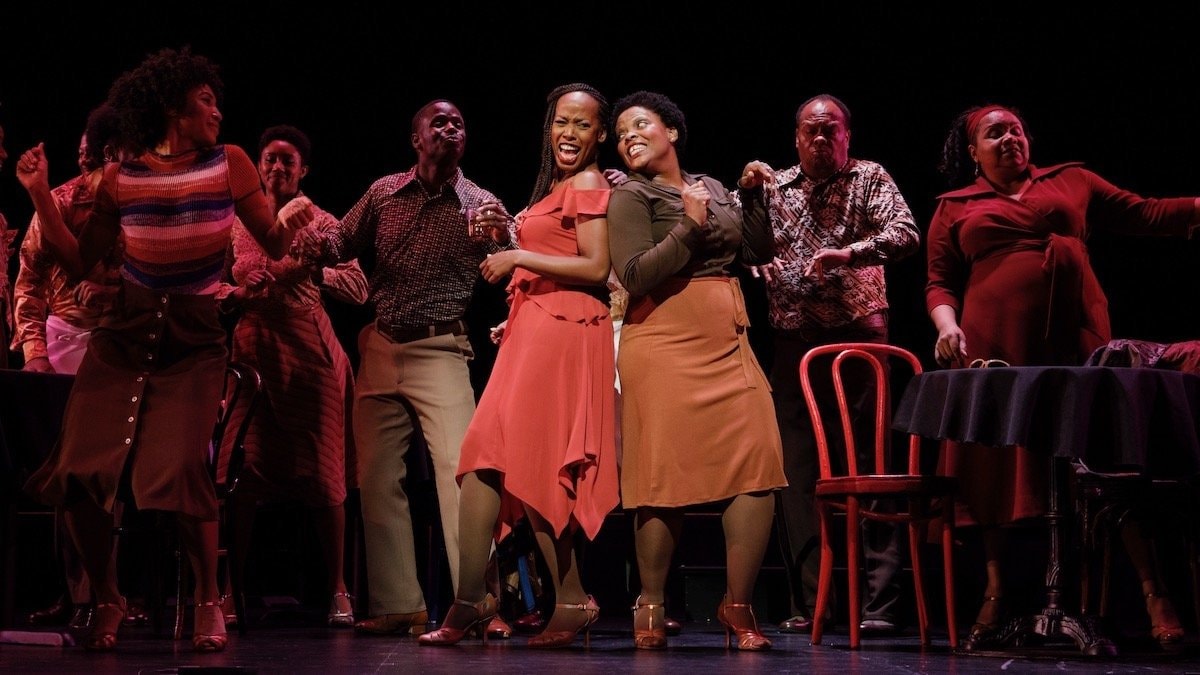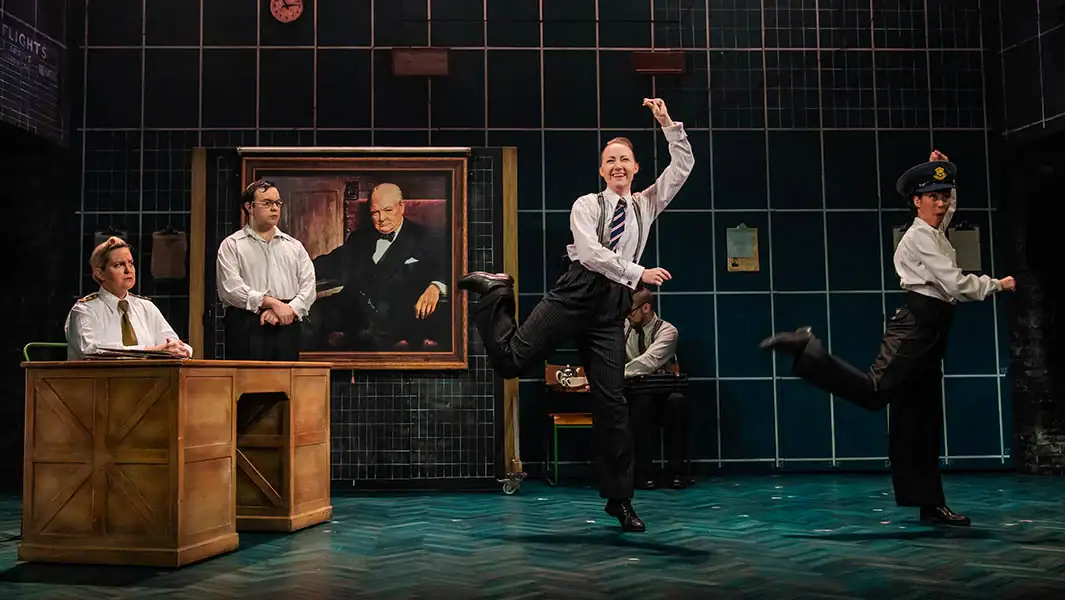
On a remote island, a privately run youth correction facility stands alone in a beautiful, rugged landscape, where the pupils are sent to the island for ‘behaviour modification’. A rebellion breaks out and two educational inspector are instructed to discover the truth behind the event and the institution. We sat down with playwright Richard Conlon to discuss his play Hope Springs (US/UK), written for young actors to perform.
What inspired Hope Springs?
I have a strong memory of reading the article which spelled out the basics of the regime in one privately run youth correction facility. So many of the facts in that article went into the play, I think readers and actors would be surprised by what I didn’t make up.
I thought as I was reading… ‘there’s a play in this’, and the following spring it was premiered. The themes in the play are as alive as ever, exploring the abuses of power, the strength of individuals to fight back and the collateral fallout of that backlash – when something is wrong, who is allowed to suffer to make it right?
What do you think young casts get out of reading and performing it?
There are not a lot of laughs in it and no songs, so if that’s what you’re after, I apologise. But if you want to engage with something where the idea of right and wrong isn’t black and white, where truth is slippery, then I think Hope Springs has something to offer. I remember first reading The Crucible at school and wondering ‘what would I do?’ if I had been in that community – perhaps Hope Springs offers the same chance to slot yourself in and think – ‘which character would I be? Which am I most like?’
I know that there are early-career drama teachers who work on the play now because they were in it as students – I hope that’s a real testament to the way the text stuck in their minds and hearts. It’s a lovely tribute and I hope they get a whole new level of enjoyment as they direct their young casts.
Where has the play been staged?
I made a single, simple choice when writing this play. There are no genders mentioned at any point – no ‘him’ or ‘her’ or ‘she’ or ‘he’, which means (I think) it can be approached by any sort of young cast and the right role can go to the most appropriate actor, male, female or non-binary. It can also parachute into any country and have something to say – which is really exciting. It has been performed by South African young people of mixed African & European heritage; it has been staged many times in New Zealand with casts of both Māori, Pacifica and white European-heritage actors – I can only imagine those stagings have an extra layer added to them because of the cultural sensitivities brought by history and by human migration. Sadly, I didn’t get to see those shows, but I’m really happy that this play has had a long life in so many countries – it’s more than I could have hoped for when I wrote it.
How did you first get involved in writing plays?
Right at the end of my time in school, I realised how much fun and how powerful performance could be. I rapidly went from school actor to youth theatre actor to youth theatre writer & director. For a long time as an emerging professional, I awaited the tap on the shoulder from someone questioning what I thought I was doing in the sector. Thankfully, it hasn’t come yet…
To license a production or learn more about Hope Springs, visit Concord Theatricals in the US or UK; or discover the Youth Edition adapted for younger actors in the US or UK.

The Truth Behind… The Normal Heart

Musical Revues

